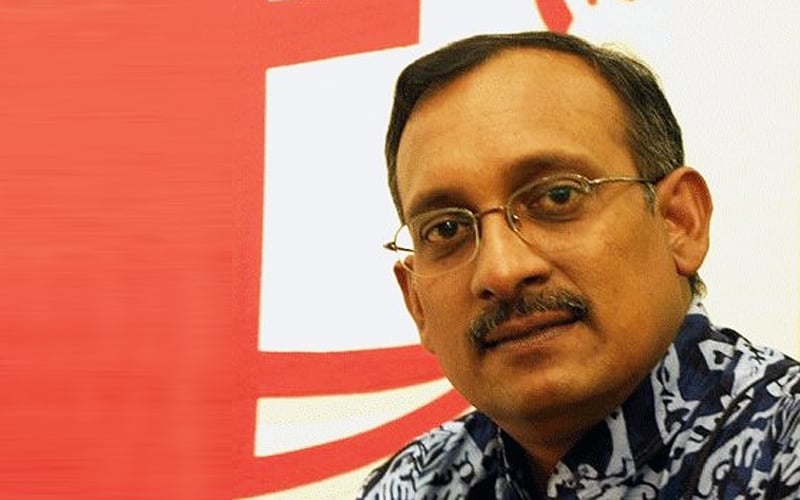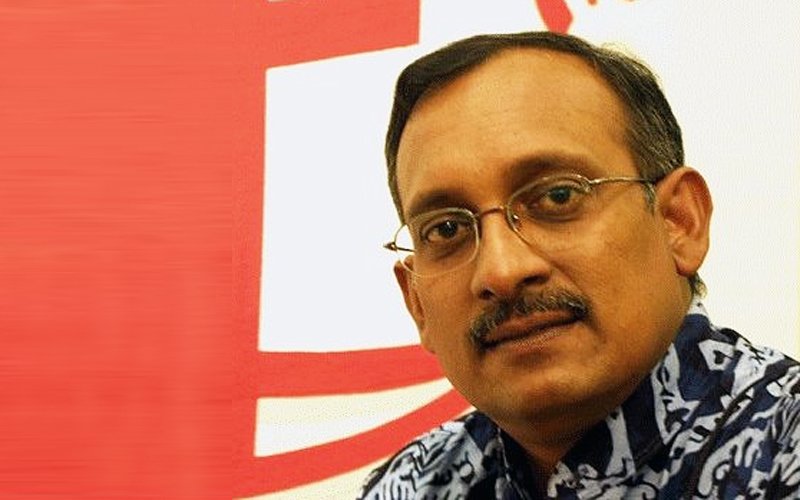
PETALING JAYA: Council of Churches Malaysia (CCM) secretary-general Hermen Shastri says the setting up of a “truly interfaith council” has been hindered by a “majority vs minority” mentality.
Malaysia has several interfaith groups such as the Malaysian Consultative Council of Buddhism, Christianity, Hinduism, Sikhism and Taoism (MCCBCHST), but Hermen pointed out it has yet to form one which engages with the majority Islamic community.
“And the reason given to us is, ‘We are the majority, you are the minority’ or ‘Our religion is the religion of the federation, and you are minority religions’,” he said in a webinar yesterday.
“Would that be a valid argument? Would that be in consonance with the deepest aspirations of your religious teachings?
“Would that in any way give clarification to ‘the dignity of all persons, the equality of all persons and the right of all persons to live together in community and carry out their religious beliefs’?
“These are the difficulties, it seems, when we come to the ground. The aspiration and the vocation is true, but there are social forces at work that we always need to think about,” he said.
Hermen was speaking at a panel discussion hosted by Komuniti Muslim Universal (KMU) titled “The Role of State and Religious Leaders in Protecting Freedom of Religion and Belief”.
While state and religious leaders should play a vital role to protect freedom of religion and belief through their executive power and social legitimacy, KMU noted that the leaders’ role in this regard has not been adequately accounted for.
The civil society group noted that some state and religious leaders have even produced policies, speeches and actions that are insensitive to religious and ethnic minorities .
Hermen emphasised the need for structural reform in Malaysia with regards to how state and religious leaders approach freedom of religion and belief, stressing that such ideals should be enjoyed by all levels of society.
“What is the role of state and religious leaders in protecting freedom of religion?,” he asked.
“I think they are the principles of governance … that will uphold the basic freedoms such as enshrined in the 1948 Universal Declaration of Human Rights.”
He noted that under Article 18 of the declaration, everyone has the right to freedom of thought, conscience and religion. This right includes freedom to change his religion or belief, and freedom, either alone or in community with others and in public or private, to manifest his religion or belief in teaching, practice, worship and observance.
“I think it (the declaration) has a universal basis,” Hermen said.
“(If) all governments support it, it will become a basic international instrument to engage in meaningful dialogue in today’s world.”

The other panellist, Universiti of Malaya lecturer Wendy Yee Mei Tien, also called for more dialogue, not only inter-religious but also intra-religious.
Yee, who designed a course in peace and humanities at the university, said there should be a focus on the common values of all religions such as humanity, unity and peace.
Noting that in Malaysia, politicians regularly use religion as a tool to cause divisiveness and discord among the races, she urged the younger generation, civil societies and NGOs to pressure the leaders to engage in religious dialogue.
“There are a lot of positive narratives out there in our daily lives which we can share and are loud enough to counter these negative narratives,” she said.
“We must have the wisdom to recognise that religion is being used to divide our society, and we need to counter that.”



